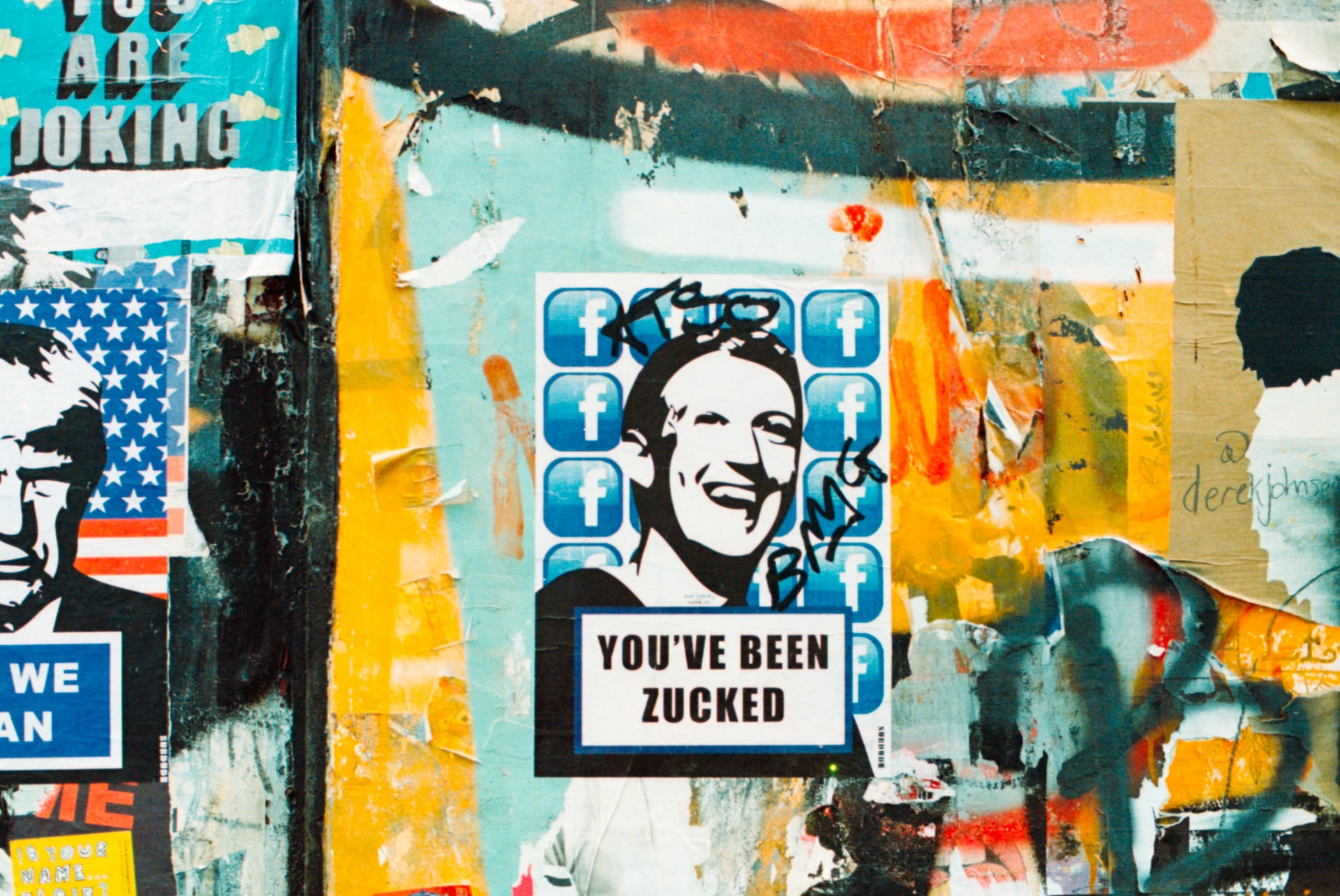Social Media and Politics
Social Media is programmed to catch you and not let go and has evidently turned into a mechanism for political indoctrination.
A report on Friday by The Wall Street Journal could help explain how the BJP has been so successful at its campaigns on social media. The newspaper alleged that Facebook, which also owns WhatsApp, had bent over backwards to favour the BJP – even going to the extent of ignoring hate speech by party leaders. It claimed that Facebook kept allowing hate speech by BJP politicians on its platform, wary that censoring members of the ruling party could hurt its business prospects in India.
This isn’t the only example. In June, in a video call with 25,000 Facebook employees, CEO Mark Zuckerberg spoke about a case in India of a leader threatening to take the law into his own hands as a “clear precedent” of incitement of violence. His comment seemed to be directed at Kapil Mishra, a politician who posted an “ultimatum” and within hours deadly violence broke out. Facebook took down the video but the politician was not banned and still operates a verified page on the platform.
In spite of the global scrutiny around hate speech on Facebook, it is not very difficult to understand why the social network would be wary of angering the Indian government and the party that controls it. India is, by far, Facebook’s largest market in terms of users. With China walling off its own citizens from foreign social media networks, this situation will not change. In July, Facebook underlined the importance of India by investing Rs 43,574 crore in Reliance’s telecommunications company Jio.
Social media’s negative impact on the political process isn’t just a matter of their content—which includes, for example, intentional misinformation and hate speech directed toward ethnic and religious groups. While propaganda through media is nothing new; but social media seems particularly susceptible to spreading disinformation. The problem is also built into the structure of these platforms. That’s because social media engages viewers in way that designers call “flow,” a psychological idea adopted as a digital-design strategy by video games. Flow focuses on keeping the user moving from one element to the next, repetitively, in search of gratification from the act of consuming media rather than from engaging with its content.
When platforms such as Facebook, Twitter, and YouTube are used for political messaging, they bring flow along into the political process. That makes these media a threat to coherent political discourse from the age of print.
The politics of flow likely will continue to redefine political discourse in our country. Flow makes video games and social media sites more engaging, but the phenomenon might already have refashioned political discourse and permanently changed the institutions that depend on reasoned debate. And yet, flow’s engagement is so gratifying for so many, it’s difficult to let it go. Even if the public decided that the civic costs of social media outweigh the private pleasures, it might be too late, and too hard, to turn back.




Comments